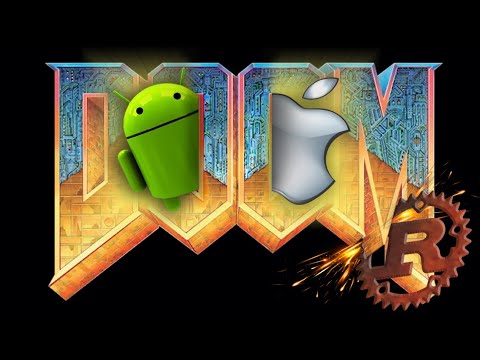I came across this video showcasing the porting of an iOS emulator to Android. The project seems fascinating, but I’m curious about the practical implications, especially when it comes to testing and development. Would this be a viable solution for testing iOS apps on Android devices? Has anyone here tried something similar, or what are your thoughts on this approach?
I’ve spent quite a bit of time working in mobile app development and testing, so I find this idea pretty intriguing. Porting an iOS emulator to Android could certainly open up new avenues for developers who don’t have easy access to macOS or iOS devices. However, while the concept sounds promising, in my experience, emulators—especially ones ported like this—tend to have limitations in performance, compatibility, and overall feature support. They often can’t replicate the exact behavior of real iOS devices, particularly with resource-intensive or OS-specific features.
For anyone serious about testing, I’d recommend looking at more mature solutions like LambdaTest. LambdaTest is a cloud-based platform that supports real device testing for both iOS and Android. It integrates smoothly into CI/CD workflows and lets you do parallel testing, which is invaluable when validating app functionality and UI across multiple devices. So, while the ported iOS emulator on Android is a cool experiment, for practical purposes, LambdaTest provides a more reliable environment. The keyword here is “porting iOS emulator to Android” — it’s exciting, but needs careful consideration.
Adding on to what Dipen said, from my experience working with a range of Android devices, I feel the performance aspect is a significant hurdle when it comes to porting iOS emulator to Android. Many Android devices, especially budget or mid-range models, may struggle under the heavy load of running a full iOS emulator layer. This can make it impractical for everyday or production-level testing.
Instead of relying on such emulators, it’s often better to use tools designed for scalability and accuracy, like LambdaTest or even Xcode’s Simulator if you’re on macOS. LambdaTest’s cloud infrastructure enables testing on real iOS hardware remotely, which not only ensures more authentic app behavior but also saves you from worrying about device limitations or maintenance overhead. In the real world, emulators can’t fully replicate hardware interactions, network conditions, or performance bottlenecks, so these tools help fill that gap effectively.
To echo and expand on both Dipen and Archana, having tested apps across multiple platforms myself, I see porting iOS emulator to Android as a fascinating technical feat but one with clear trade-offs. Emulators are great for quick checks or initial development phases, especially if you don’t have access to a Mac. But when it comes to real-world testing, they fall short in replicating device-specific nuances like gestures, hardware sensors, or even the way certain UI elements behave on different iPhone models.
That’s where LambdaTest shines as a real game-changer. It lets you test iOS apps on real devices hosted in the cloud — meaning you get true-to-life feedback without the need for physical hardware. From an Android device, you can launch tests on actual iPhones or iPads, bypassing the limitations and inaccuracies that come with emulators. So, while the porting of an iOS emulator to Android is an innovative step, my experience tells me that cloud-based real device testing platforms like LambdaTest are far more reliable for comprehensive app validation.
